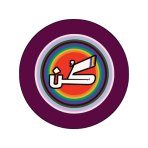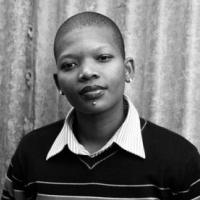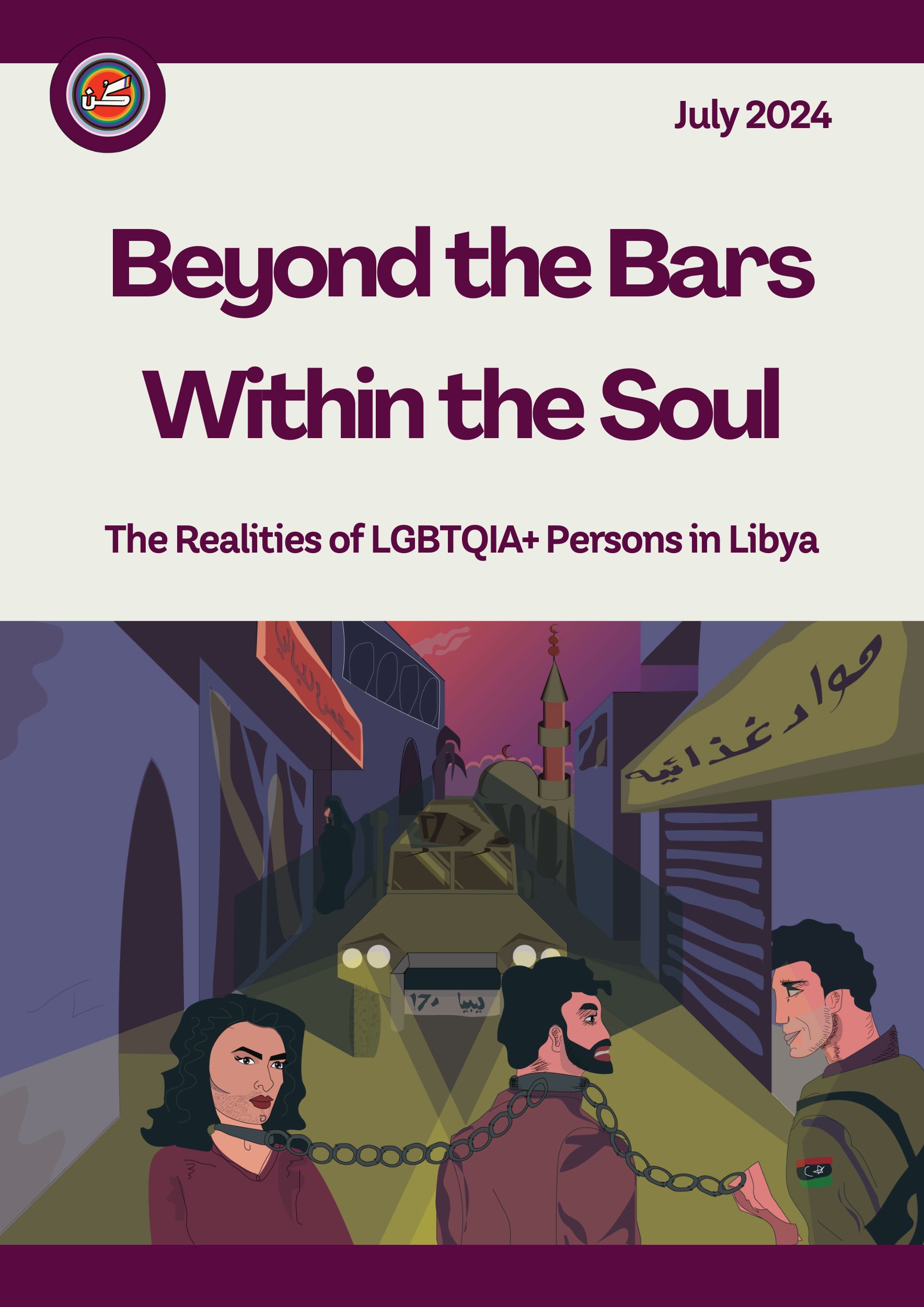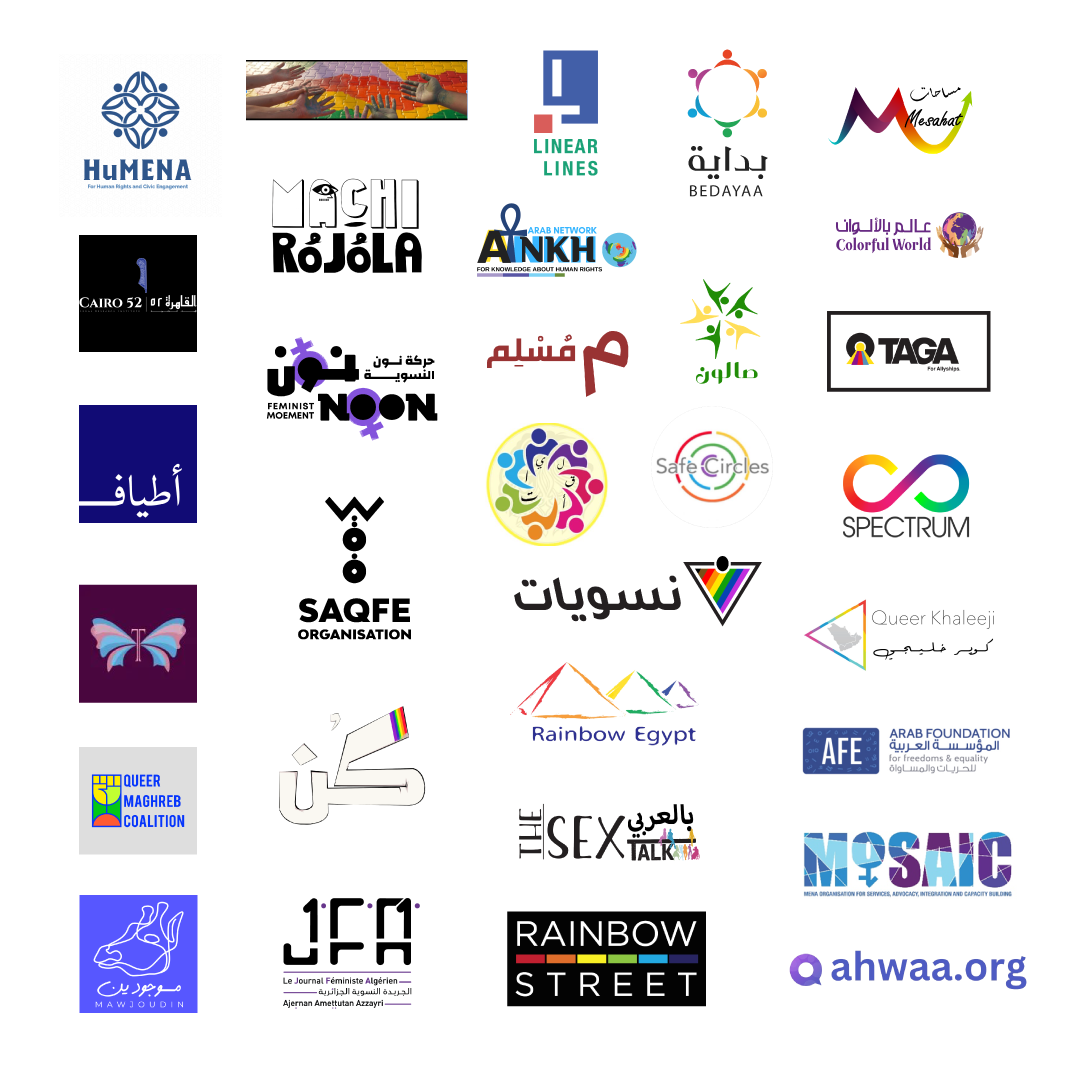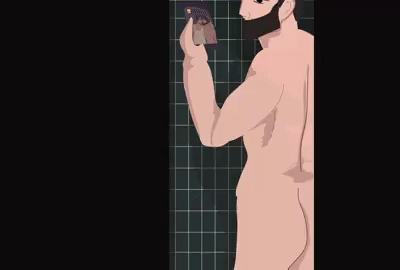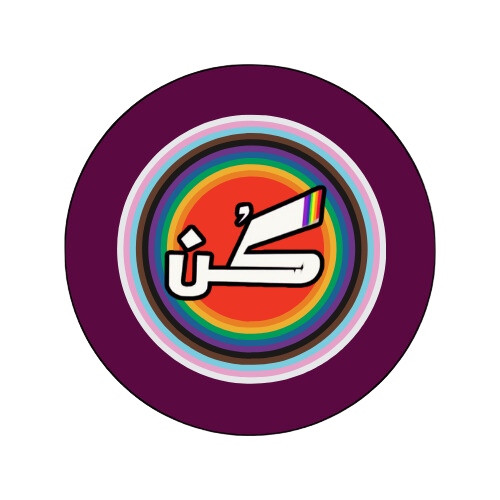Corrective rape is a term named by, South African women’s and women’s rights activist, Berndette Mutin, in an interview with Human Rights Watch.
It is a criminal act in the eyes of many laws and all concepts of human rights, but its application is overlooked, especially in countries suffering from the persecution of homosexuality, and is intended to rape females for their sexual orientation or gender identity, where the perpetrator believes that homosexuality is a psychological or sexual disease and in the 2000 study found a societal climate that supports hate crimes against gay men (and lesbian women) leading to violent practices against homosexuals, including “corrective rape.”
Negative reactions to hate crimes by the wider community, police interaction and justice systems also contribute to corrective rape, with some people believing that corrective rape can “fix” people who do not meet prevailing standards.
At that time, Berndette Mutin said about the situation in South Africa.
“We immediately went to the police station to report what had happened. I was worried that these boys would try to do it again (Shen became here) when I walked overnight.
She says the police were fair and helpful, but adds: “I wanted more support, but they did nothing.”
Harassment does not come from within the individual community alone, and may cross other forms of hatred. Katlego, a 20-year-old from the town of Mamloudi, says she had few problems in her home town. But when I moved to the city of Pretoria and enrolled in a school where most of its students were white-skinned: “I was harassed at school regularly, either because of my sexual orientation or because of ethnicity, they called me “kaffir” and “moffie” as in homosexual” and sometimes they call me both. In Pretoria, Katlego says, “They threw stones and glass at me.”
The abuse of LGBT people can take brutal forms. Most lesbians interviewed by the organization believe that they are highly likely to be victims of rape. In the absence of a rigorous statistical investigation, the evidence is limited to that story, she adds.
“Lesbians are particularly targeted for mass rape, and African lesbians are more likely to be raped in towns and villages. When asked to what extent are black lesbians targeted for rape because of their sexual orientation?” She replied: no clear statistics, I don’t know what percentage of lesbians I have never heard of lesbians being targeted in this way during my adulthood, so I want to know when that started, here gangs are always in town, so they can’t be attributed to this. The Gluttonous black more, I would like to know the number of women who are raped by brothers and fathers etc .. in the towns that the majority of people with brown skin.
We can also consider homophobia as a cause of corrective rape, as well as the standard that men are the natural and hypothetical pattern and so all humans should be. ”
Project unbreakable
Launched as a project to defend the dignity of victims of corrective rape in the United States, the project’s victims interact with the words spoken before or during rape such as “Now you’re not gay” or “You’re more beautiful than being a lesbian”, which may help Alert the practice and its atrocity, and motivate law enforcement authorities to respond more effectively to reports and related incidents.
Victims of this type of rape are present in all countries, especially in the Third World countries.
“One of the revolutionary symbols for the defense of gay rights in South Africa, which was subjected to corrective rape, “Eudy Simelane”.
A South African footballer born in 1977, she played for the South African women’s football team and has been active in gay rights.
As a midfielder for Springs Home FC and also for the South African national women’s football team, Similan has trained four teams and was studying to be a sports referee.
She is one of the first women to be declared lesbian in her home town of Kawatima.
One of the most shocking Thing for the activists and the followers of Semlan according to human rights reports.
is to find her body in 2008 Half naked in the river Kwa Thima. She was kidnapped, raped, beaten, and stabbed 25 times in the face, chest and legs Because of her sexual orientation, and being a human rights activist and advocate for equality.
A report issued by the NGO ActionAid and endorsed by the South African Human Rights Commission states that her murder was motivated by hate against her because of her sexual orientation.According to ActionAid, this crime will not be recognized by the South African state or its legal system. There is growing concern about the prevalence of such crimes and the lack of responsiveness on the part of the authorities.
